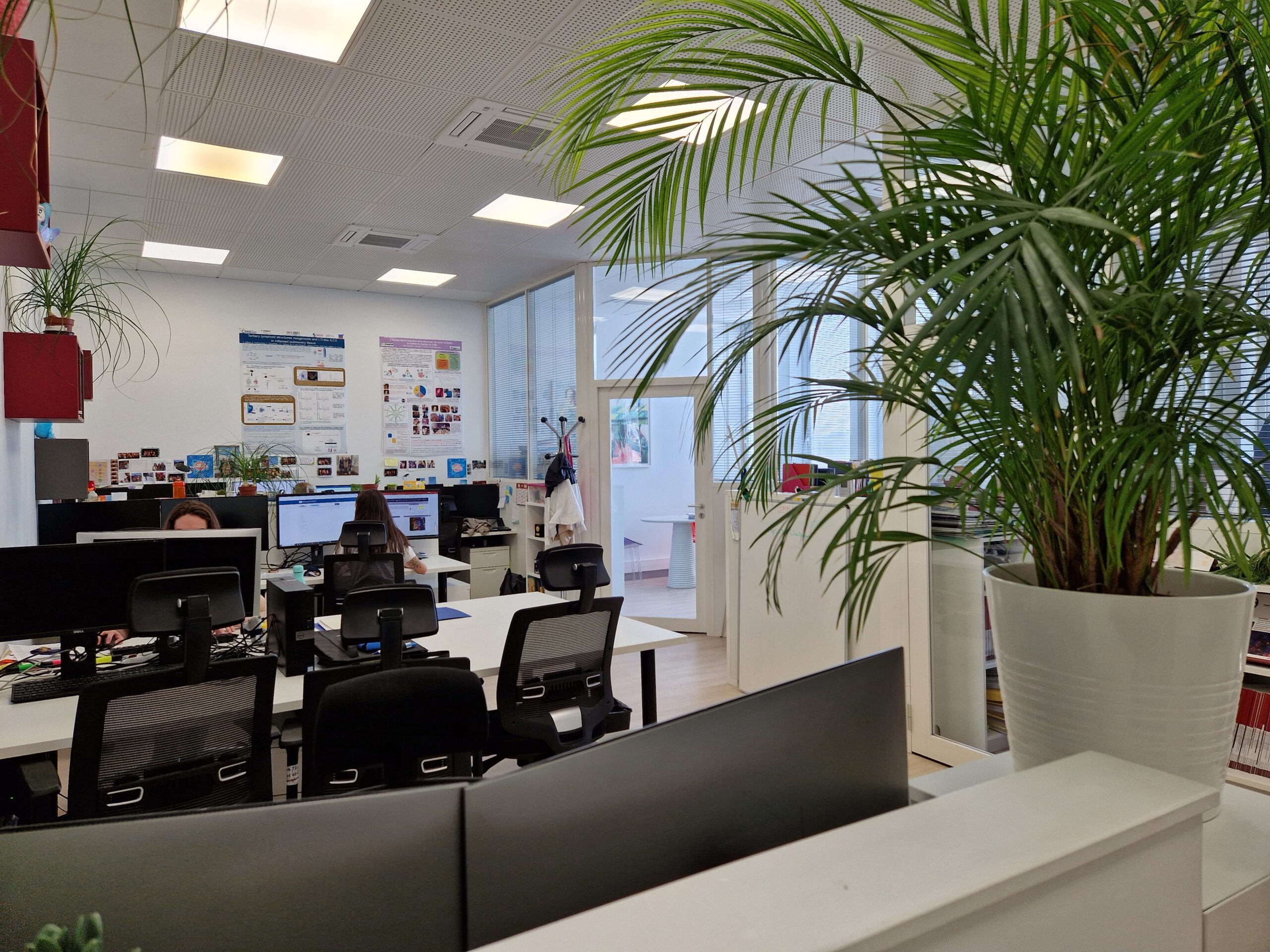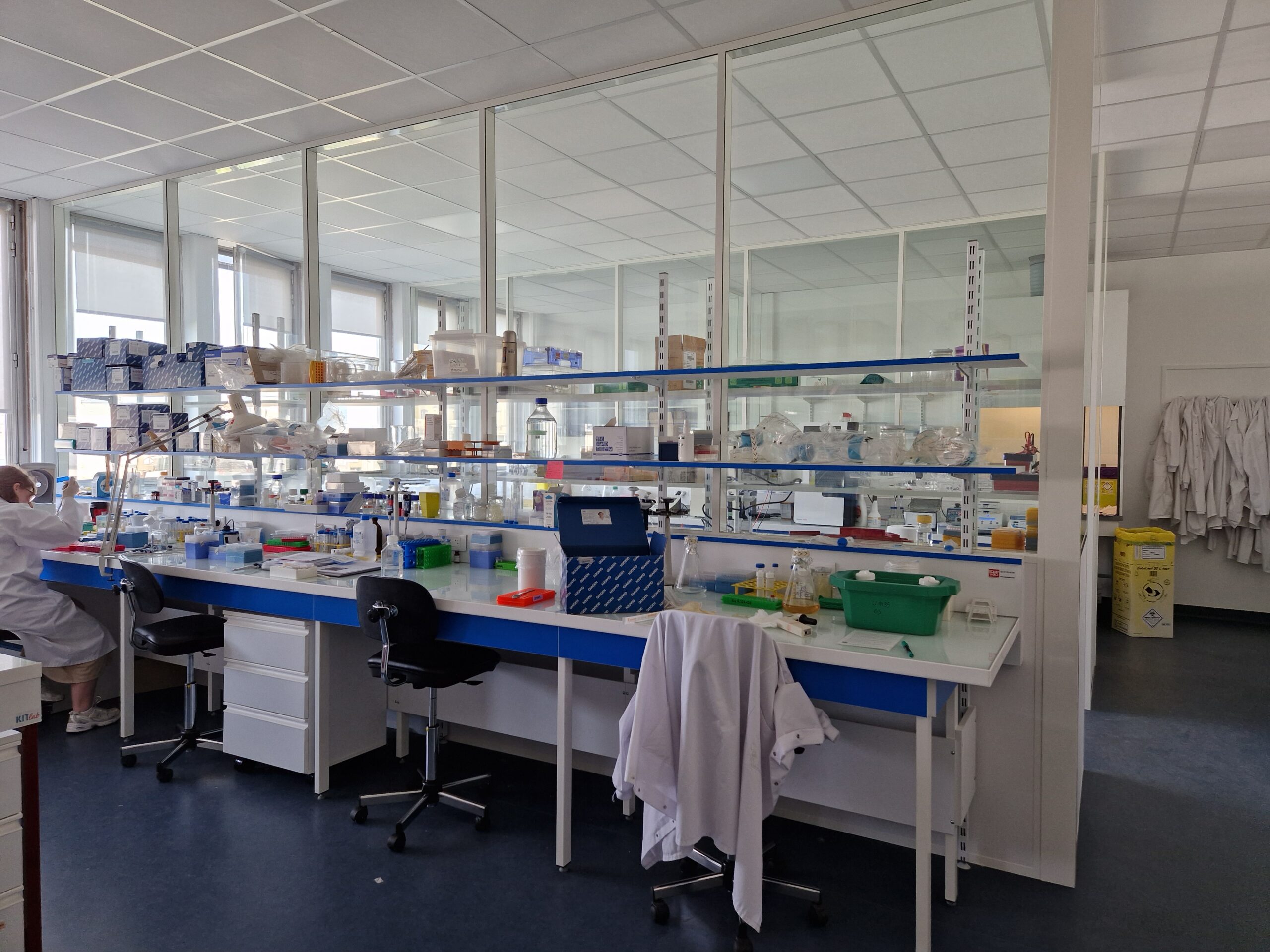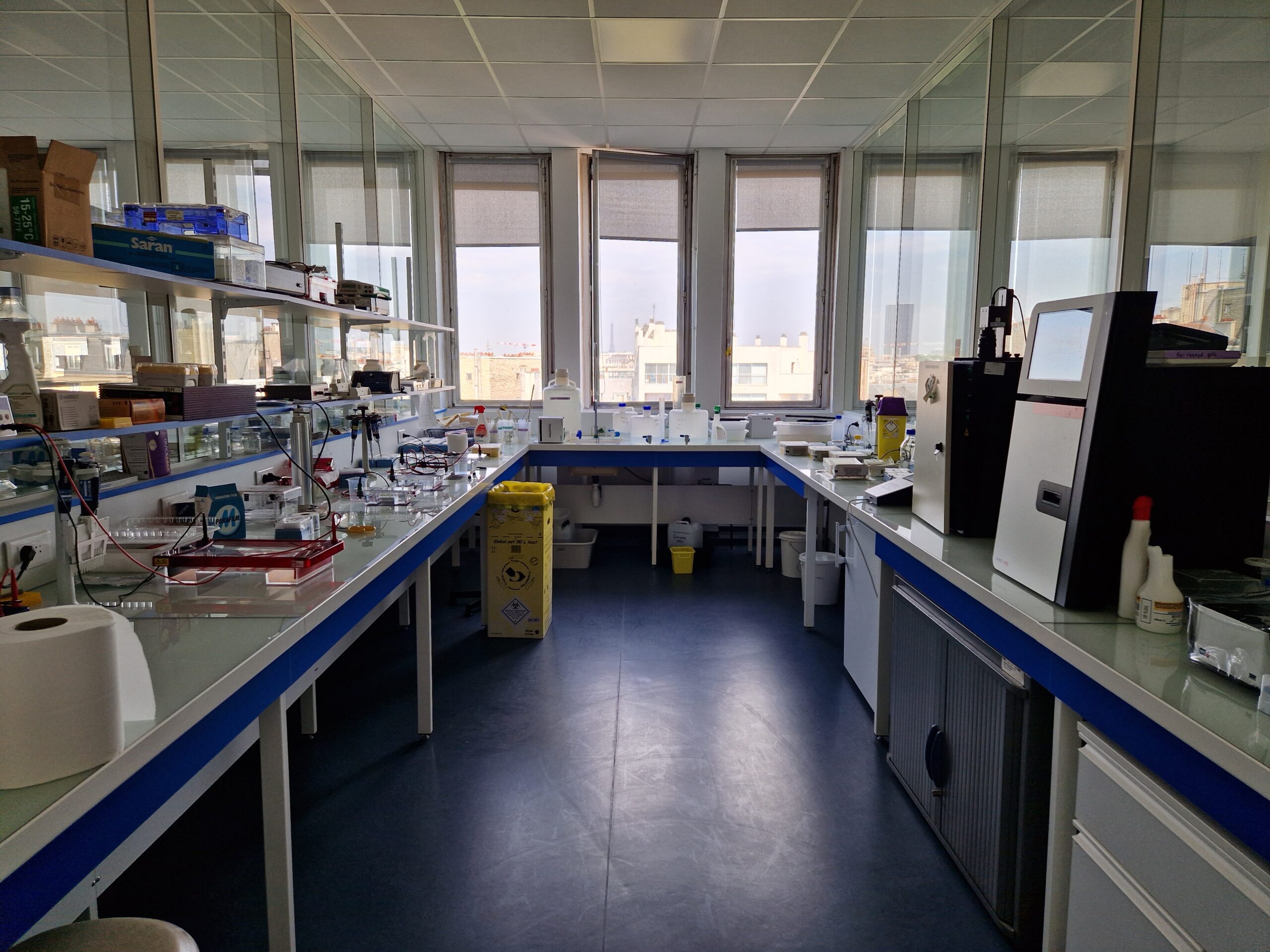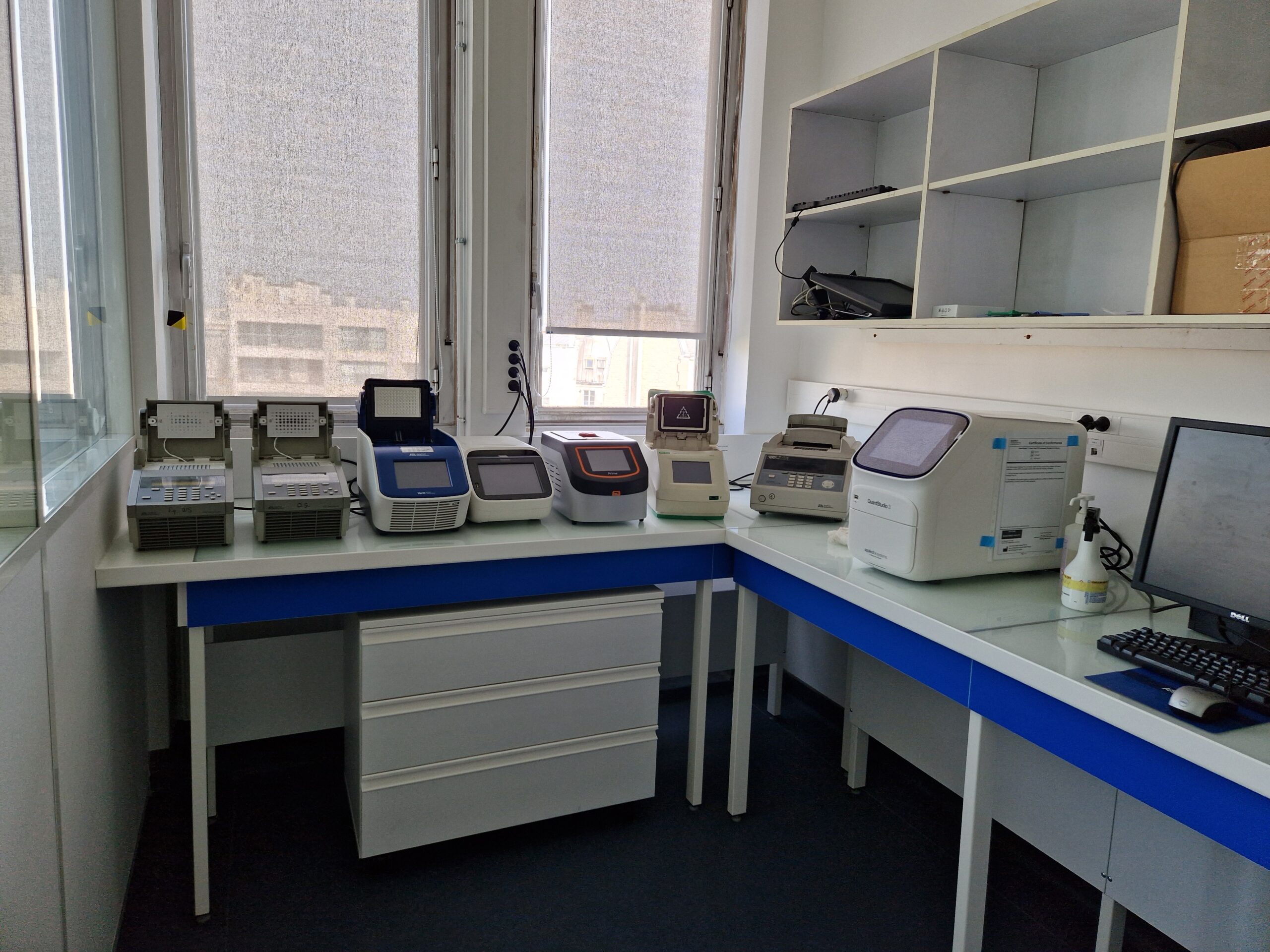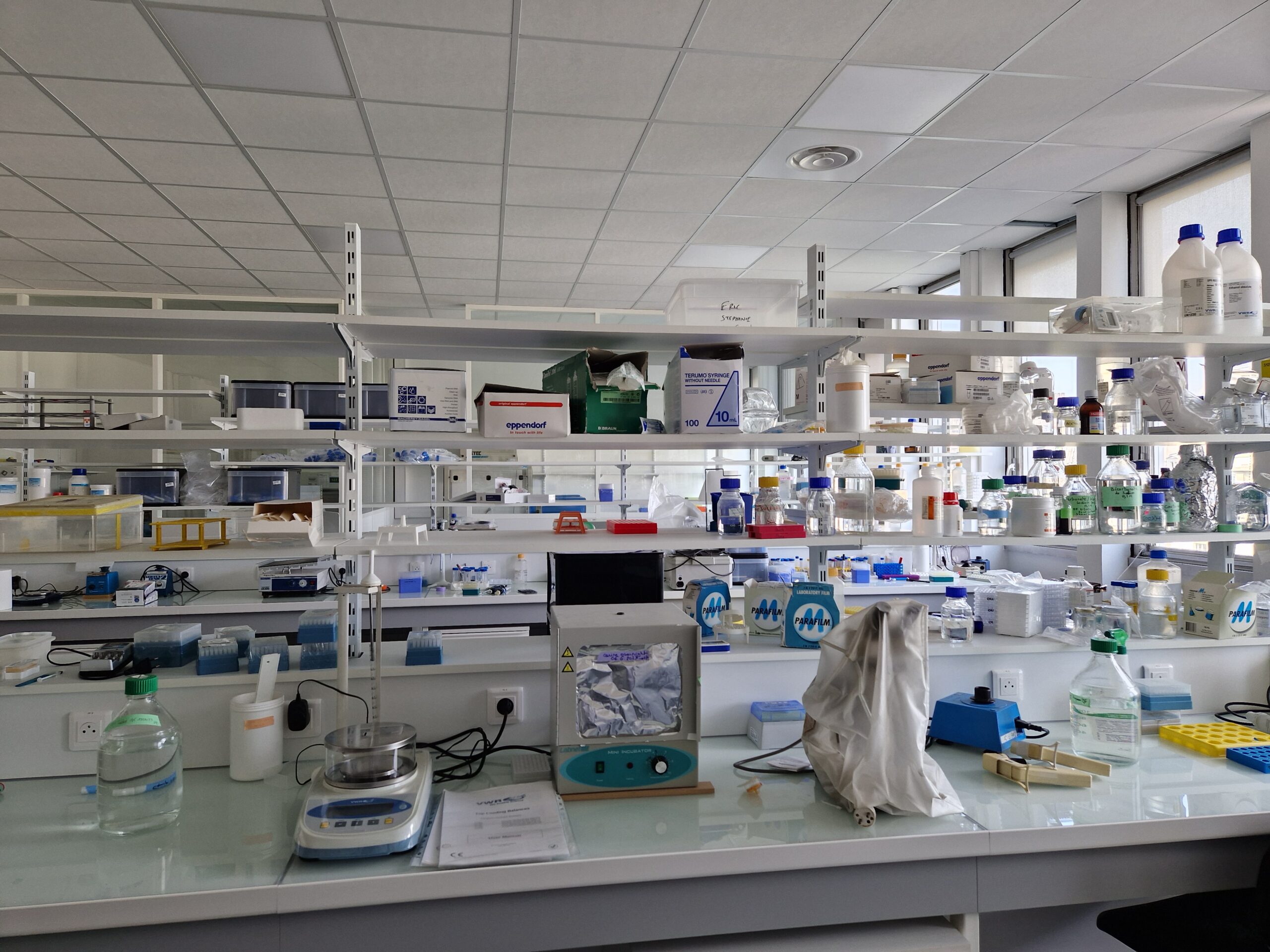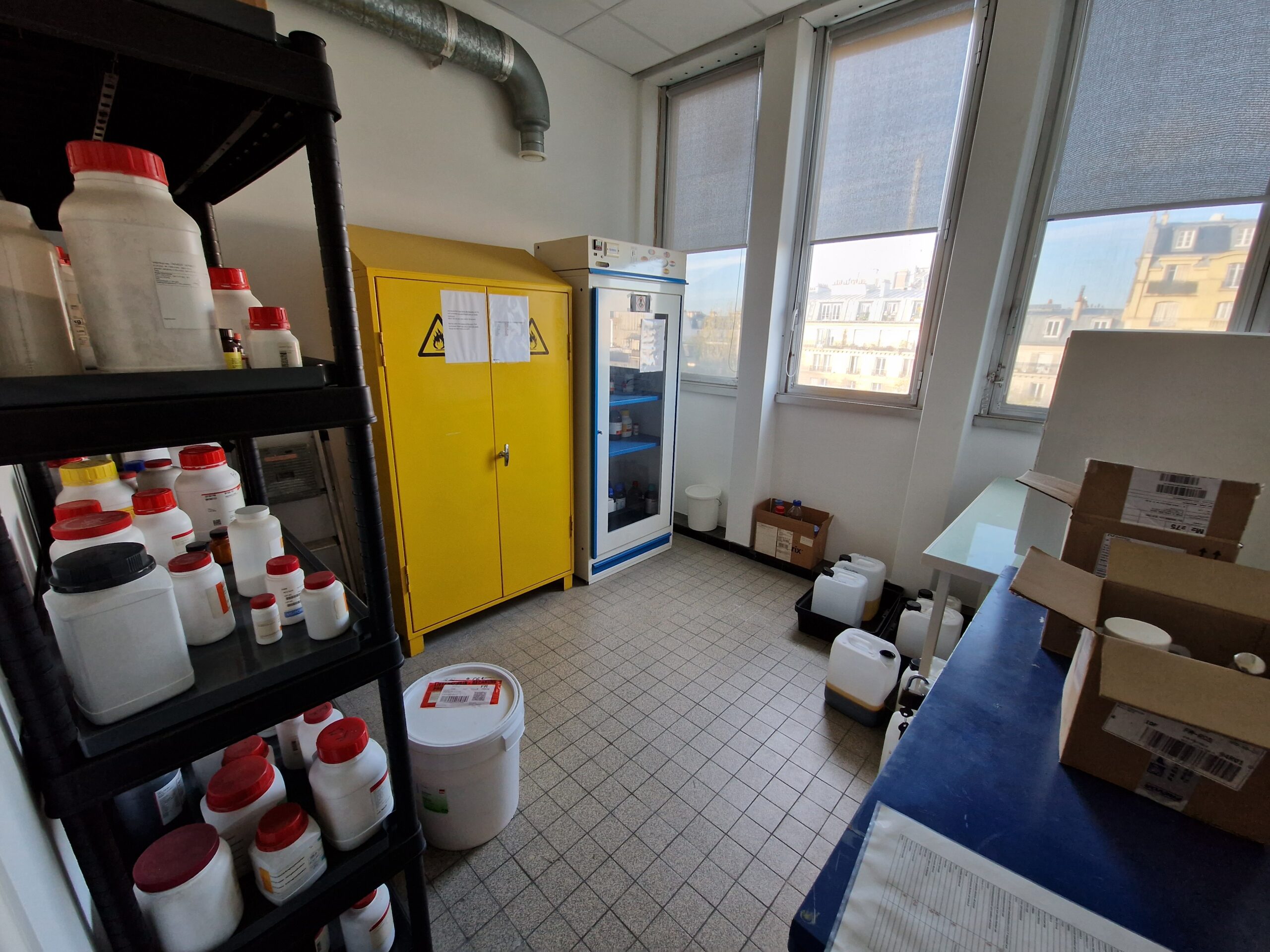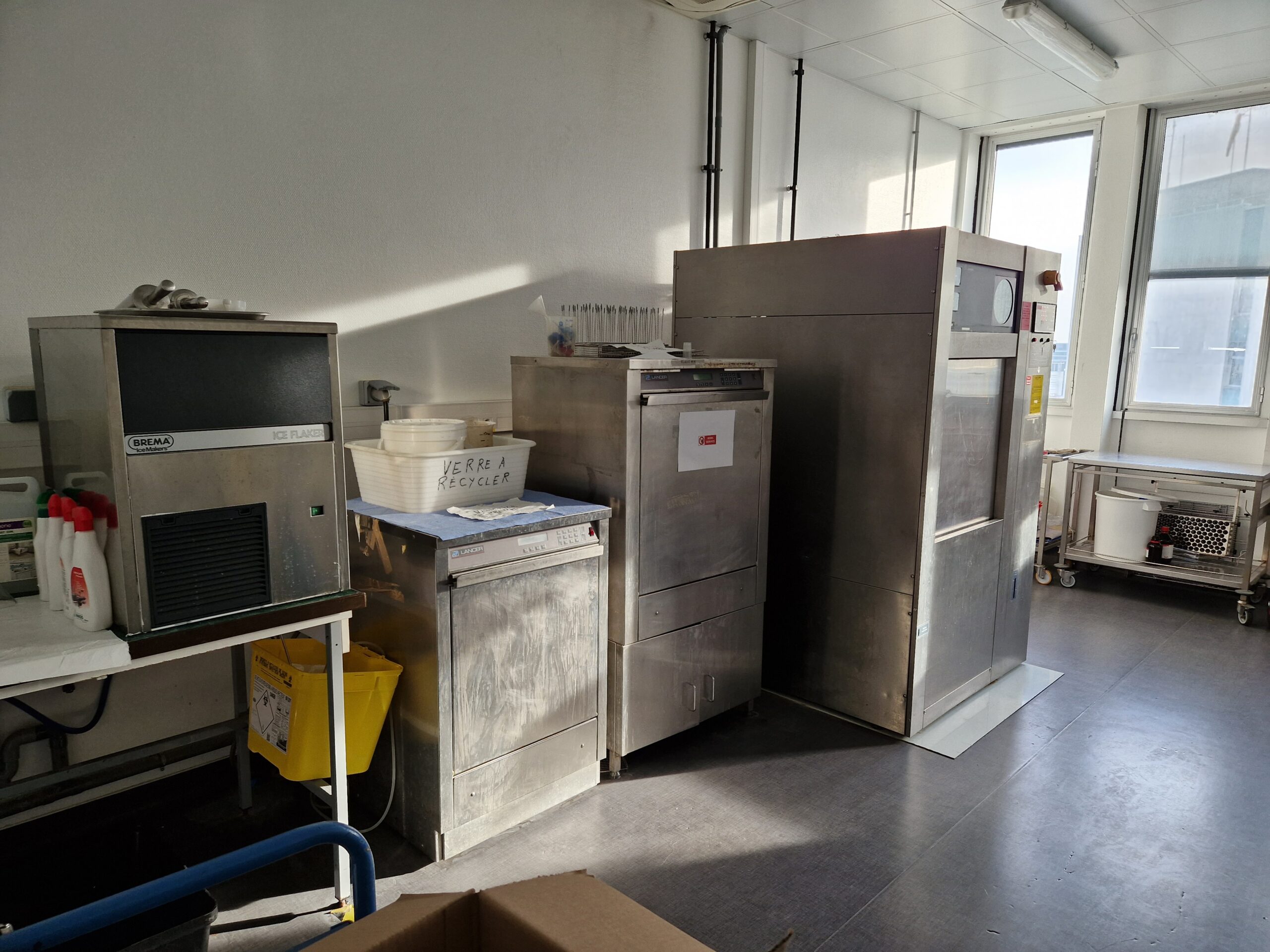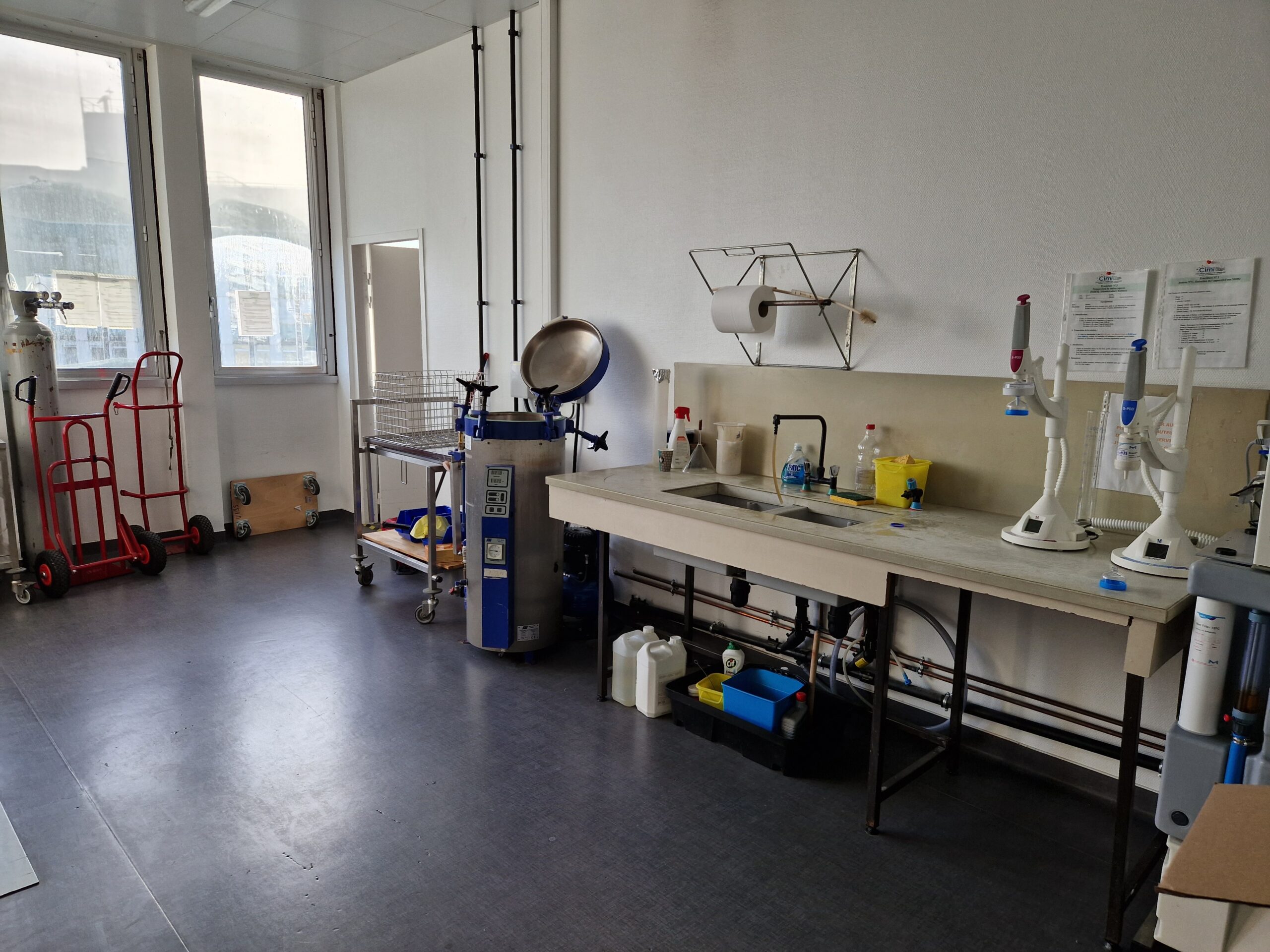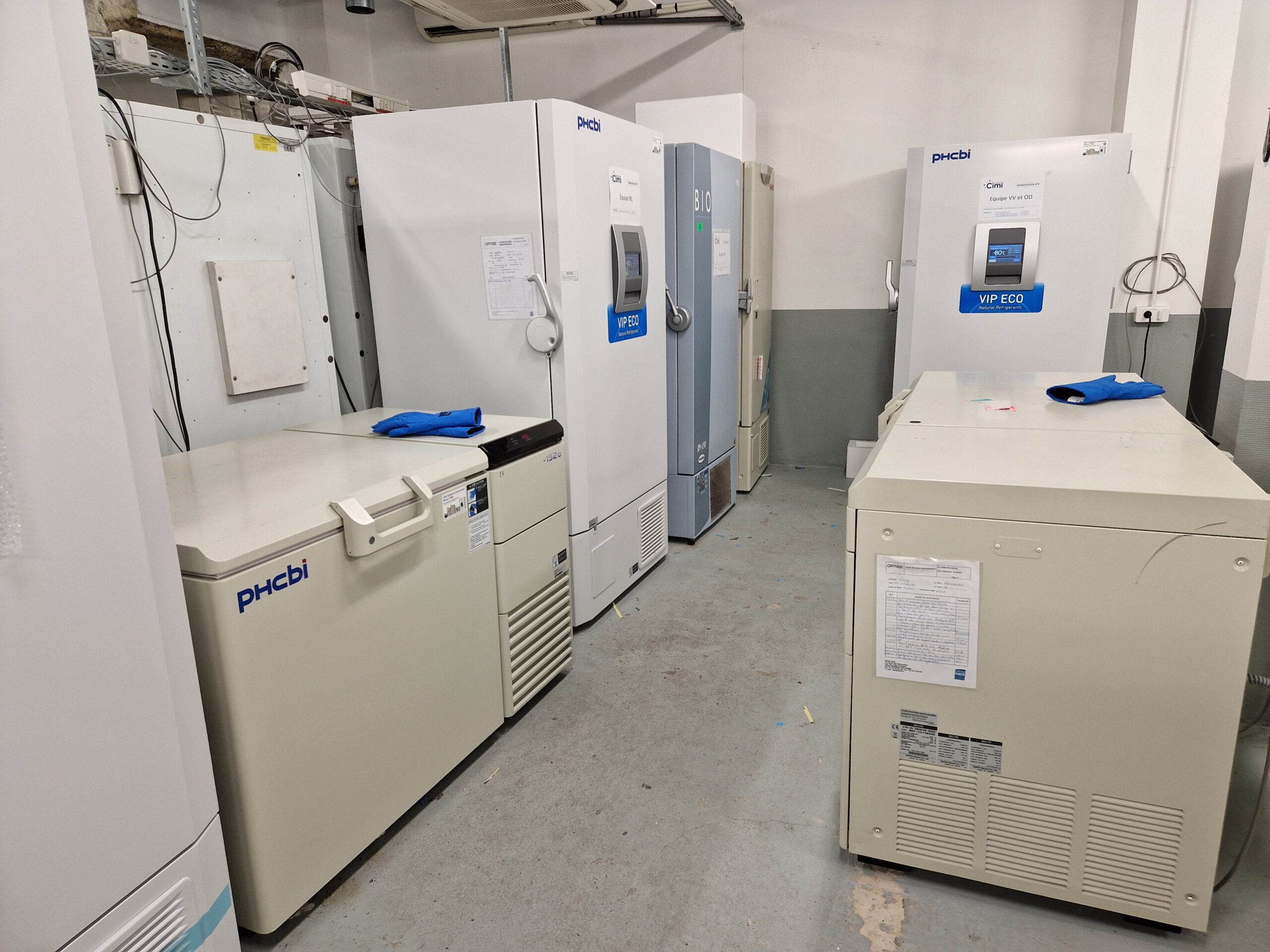A word from the director
of Cimi-Paris

The Center for Immunology and Infectious Diseases (Cimi) was created in 2014 under the supervision of Inserm, Sorbonne University, and the CNRS and renewed in 2019 under the direction of Christophe Combadière. I took over as Director of the Center on October 1, 2024.
Cimi’s research activities are organized around three integrated themes: pathogens, microbes and their interactions with the host, immune responses and inflammation in physiological and pathological conditions, and the development of new strategies to combat infections and cancers.
The recent Covid pandemic illustrates the importance of infectious diseases and immunology for human health. It has highlighted the relevance of research on pathogens to elucidate infection mechanisms, and on immune responses to understand mechanisms of protection or, conversely, pathogenesis. The Covid pandemic also illustrates the importance of vaccines as a major public health tool. Other challenges in this field include growing antimicrobial resistance and the spread of immune disorders such as allergies or immunosuppression, including in the context of aging. Finally, immunotherapies have become promising tools for treating cancers. All of these topics are of paramount importance for human health and are at the heart of the research conducted at Cimi.
Cimi leverages its expertise and unique location on the Pitié-Salpêtrière Medical Campus to develop a fundamental and translational research program with a dual objective: to improve our understanding of the mechanisms of infectious and immune-mediated diseases, and to develop new diagnostic, prognostic, and therapeutic tools to combat infections, immune disorders, and cancer.
Cimi’s mission is to disseminate the results of our research to the scientific community and the general public, and to participate in the training of young scientists. Finally, we are committed to addressing current societal challenges by developing ethical and responsible research.
Cimi’s ambition is to establish itself as a leading laboratory for fundamental and translational research in the field of microbiology and immunology, with national and international visibility and a strong connection to society.
Olivier Silvie
